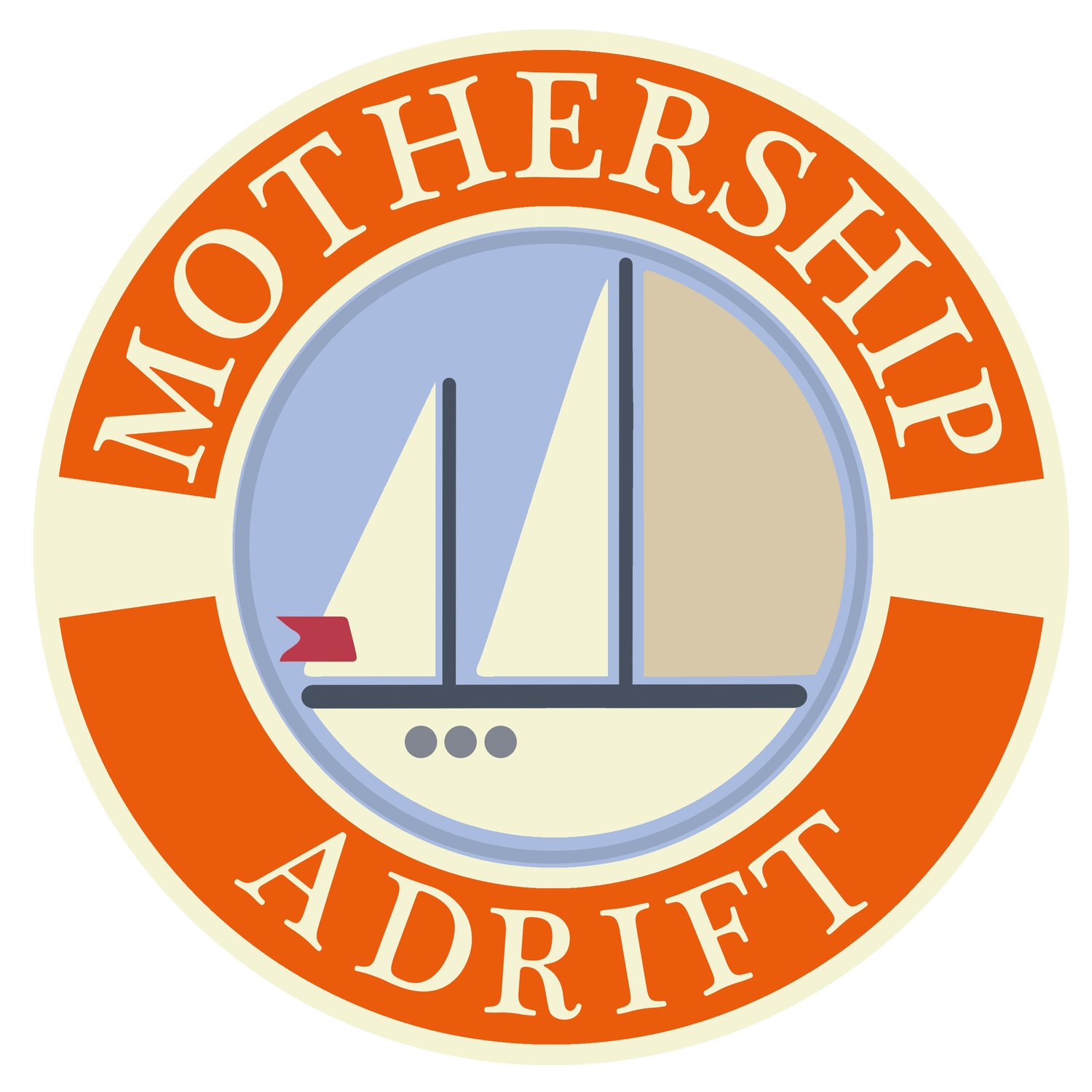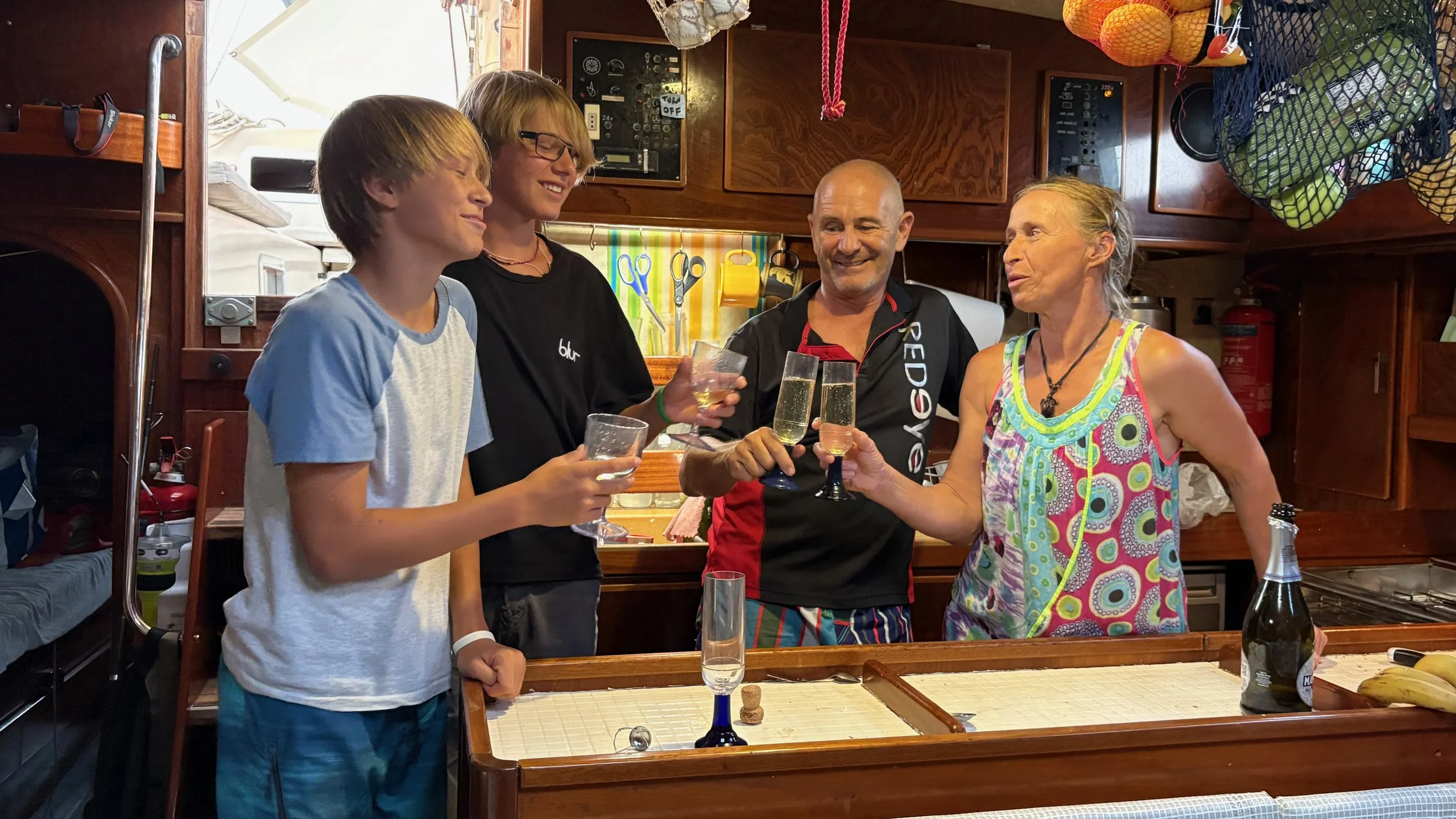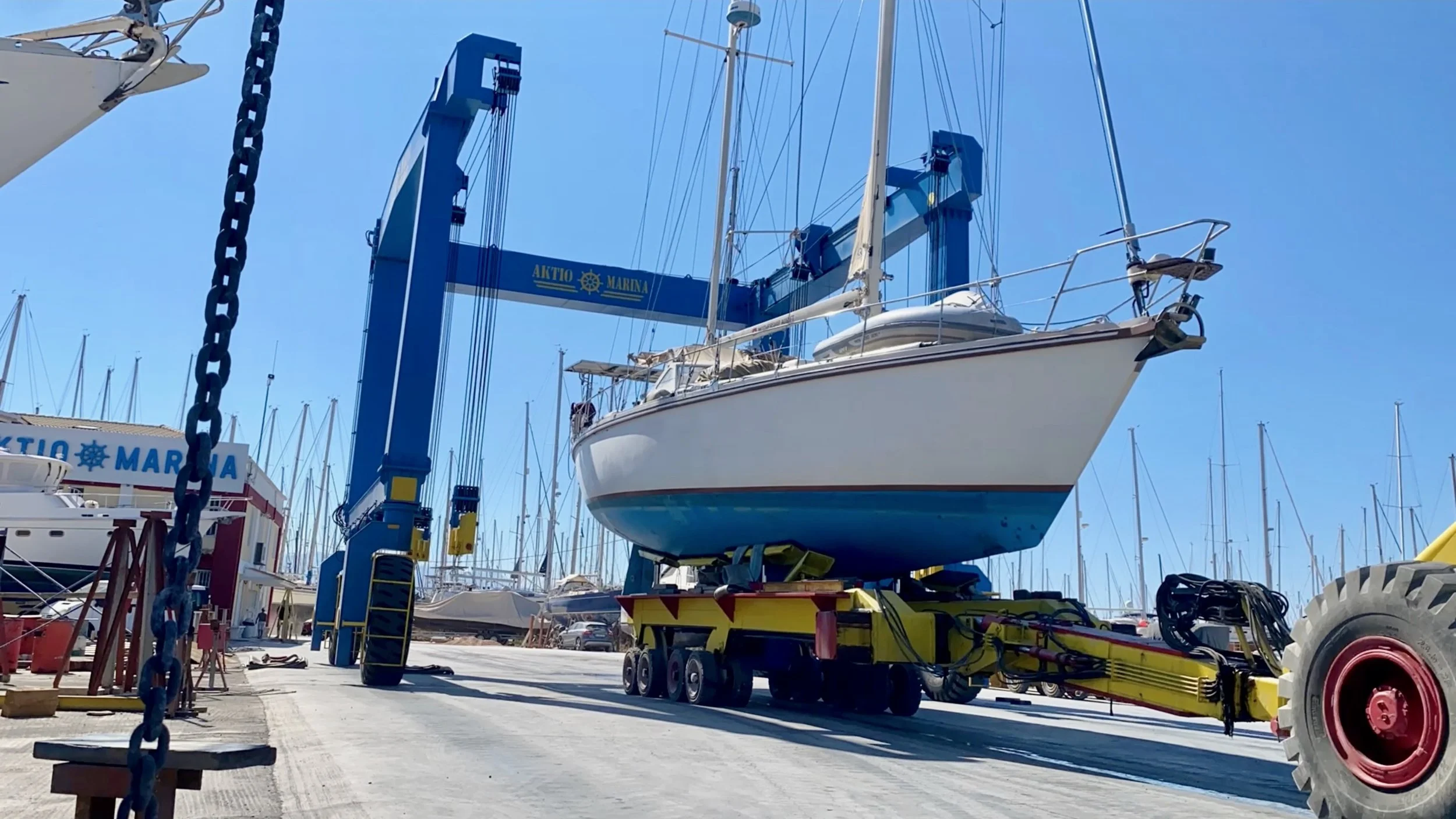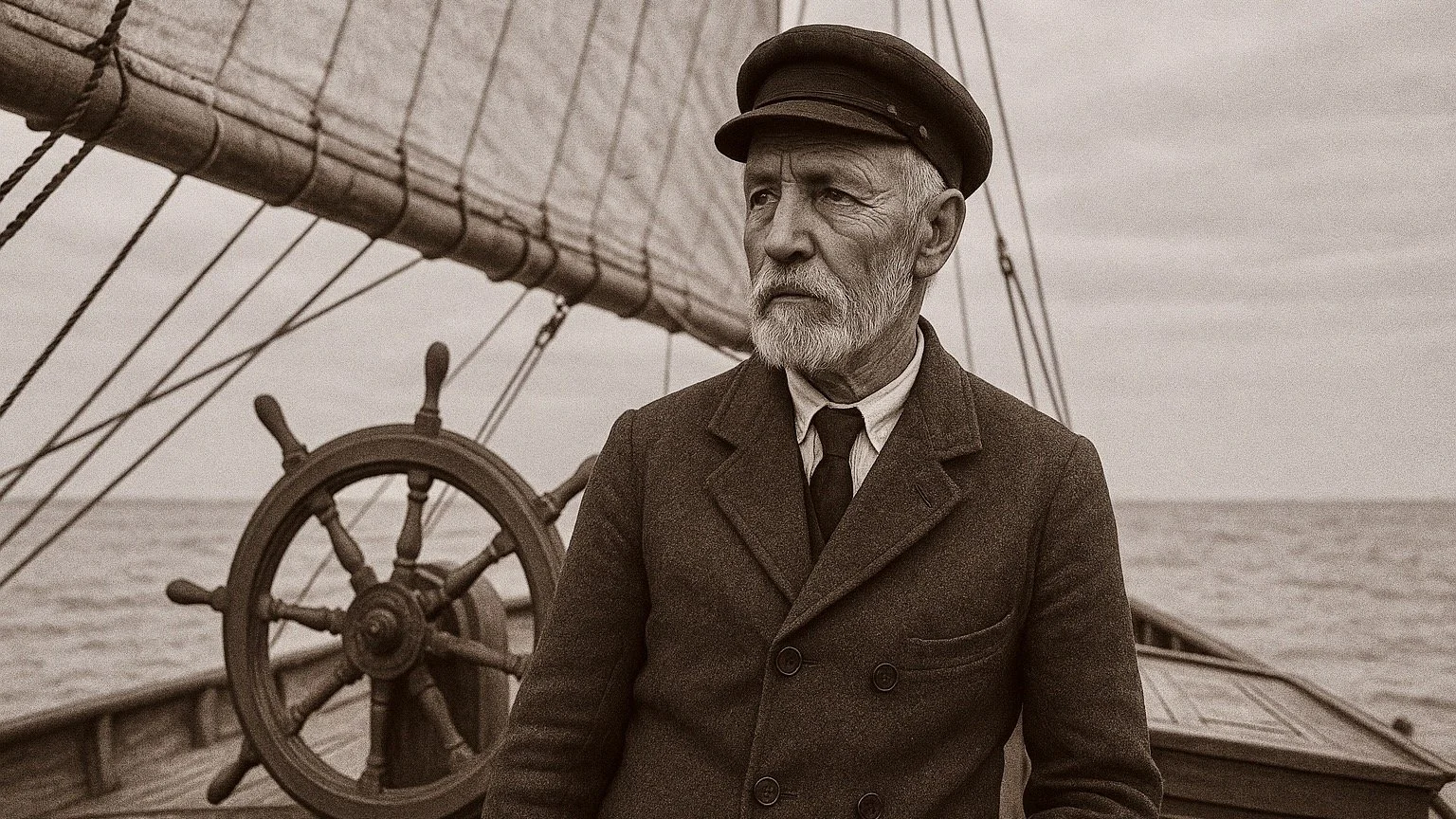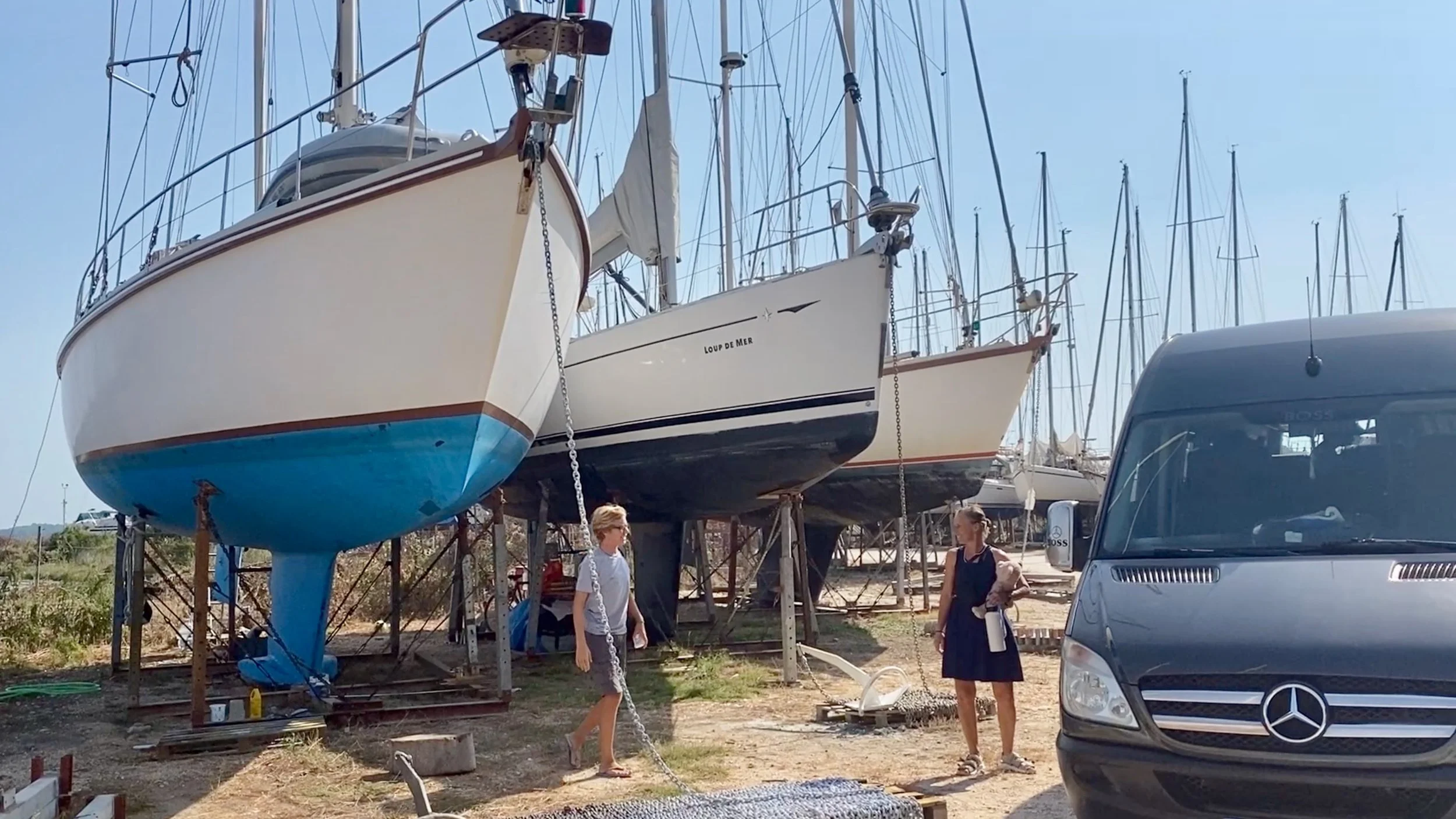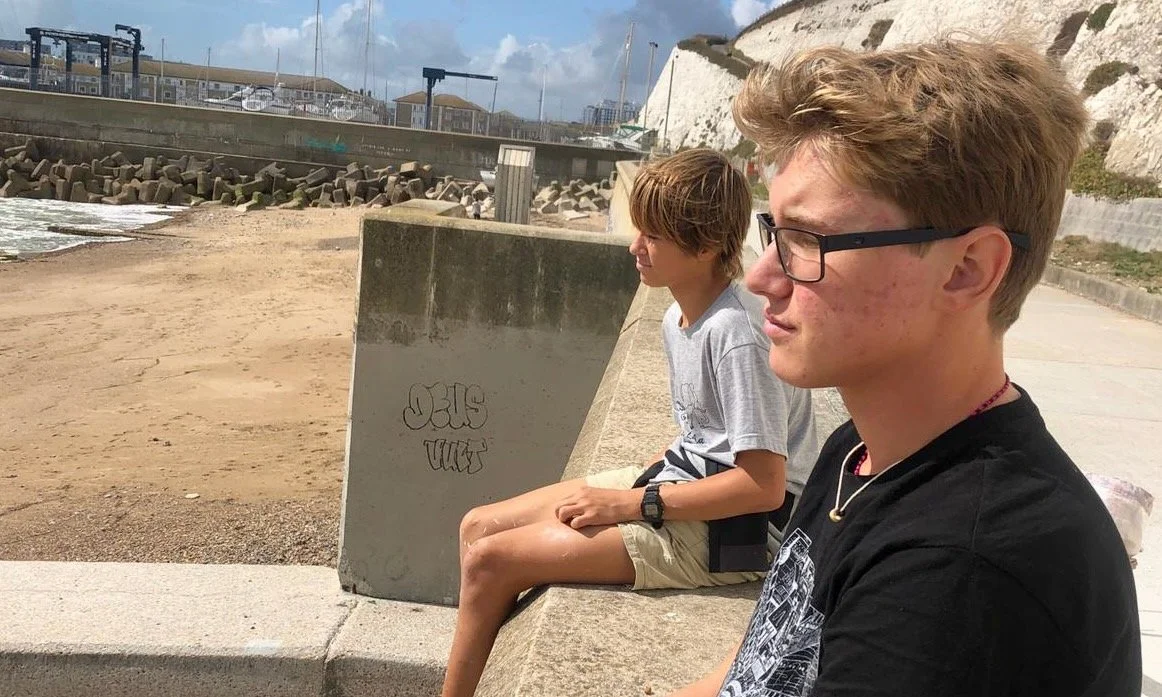Well, We're Back: The Myth of the Triumphal Return
01-05-01
“Well, here at last, dear friends, on the shores of the sea comes the end of our fellowship.”
Toasting the completion of our circumnavigation!
At the very end of The Lord of the Rings, Sam Gamgee summed up the greatest adventure of his life with the simple words: “Well, I’m back.” That was the grand farewell to his extraordinary odyssey. Not a speech. Not a parade. Just the sort of thing you’d mutter after nipping down the pub for a quiet pint.
And, oddly enough, that’s exactly how it felt when we finished sailing around the world.
We’d wrestled with storms, outrun gunmen, and rebuilt boat parts with little more than a tin can and swear words. We’d lived through weeks when the horizon never changed, and nights when sharks circled endlessly in doom loops beneath the hull. And then, just like that, it was over. The sails came down, the boat hauled into a dirty yard, the kids went from spear fishing to queueing for school lunches, and the great arc we’d been chasing around the globe closed neatly behind us.
And then, just like that, it was over. The sails came down and the boat hauled into a dirty yard.
Sam’s words were not triumphant not despairing, just quietly acknowledging the anticlimax. By the way, if you’re not a Lord of the Rings fan I apologise, you probably have no idea what I’m talking about! We returned home thinking we’d lived through an epic, only to find that shops were a little pricier, people a little angrier, but in essence, the world had barely moved an inch.
Joshua Slocum, the first man to sail alone around the world, understood this better than most. After three years at sea in Spray, battling storms, pirates, and planks patched together that had no business staying afloat, he returned in 1898 to cheering crowds and newspaper headlines. But within a few years he was restless again. He pottered about, tried farming, never quite settled, and eventually went back to sea never to return. His life ended with the words “presumed lost at sea.” But he was never lost there. The sea was the only place he was truly found. On land he drifted, uneasy and out of place.
Joshua Slocum's life ended with the words “presumed lost at sea.”
Every sailor knows that crash. A week or two after being back I actually missed being woken at 3 a.m. for my night watch, because at least then I had a reason to be awake at that ungodly hour!
Brad Stulberg put it neatly: “Homeostasis is about going back to where you were before. Allostasis is about finding stability somewhere new. Life, in almost every instance, is allostatic. We don’t go back; we go forward. We reorder.” That’s the truth at the end of every adventure: you don’t return to who you were. The loop never closes neatly; you come home rewired, shaped forever by the oceans you’ve crossed, the experiences you’ve had, and the people you’ve met. And you need to somehow make peace with that. Something that sadly, Joshua Slocum never did.
You come home rewired, shaped forever by the oceans you’ve crossed and the experiences you’ve had.
Yes, it’s the end of the journey, but at the beginning of this blogging series I promised you a practical guide, not a navel-gazing confessional. Besides, most who set out on this adventure never make it all the way anyway, just as most who begin a book never reach the final page. But that hardly matters. The real reward isn’t always in the finishing.
A voyage needn’t be over to be complete, because the hardest part was never the end. It was daring to leave in the first place. You’ve broken from society’s gravity, stepped off the treadmill, and proved to yourself that life can be lived differently. From that moment, you were changed, and you’ll never look at the world the same way again.
You’ve broken from society’s gravity and you’ll never look at the world the same way again.
You’ll wake in the night to the sound of thunder and feel both comforted that you don’t have to don a lifejacket and scramble on deck to reef sails in your underpants, and despondent that life has somehow lost its edge, its peril, and its poetry.
So why do people return if it’s all so wonderful? Over the next few sections, I’m going to look at why cruisers return to shore, sometimes by choice, sometimes not. The pull of family, the drag of finances, the weariness of bodies, or simply because enough is enough and you long for the ordinary humdrum, unremarkable peace of home once more.
If you want more straight-talking tales from life afloat, and information about returning home after a great adventure, then you’ll love our upcoming book. We're inviting early readers to join the pre-launch crew and get behind-the-scenes access as we wrestle it into shape. It’s honest, unfiltered, and occasionally useful. Sign up here to get involved, give feedback, and be part of something that’ll either be a bestseller or a brilliant cautionary tale.
